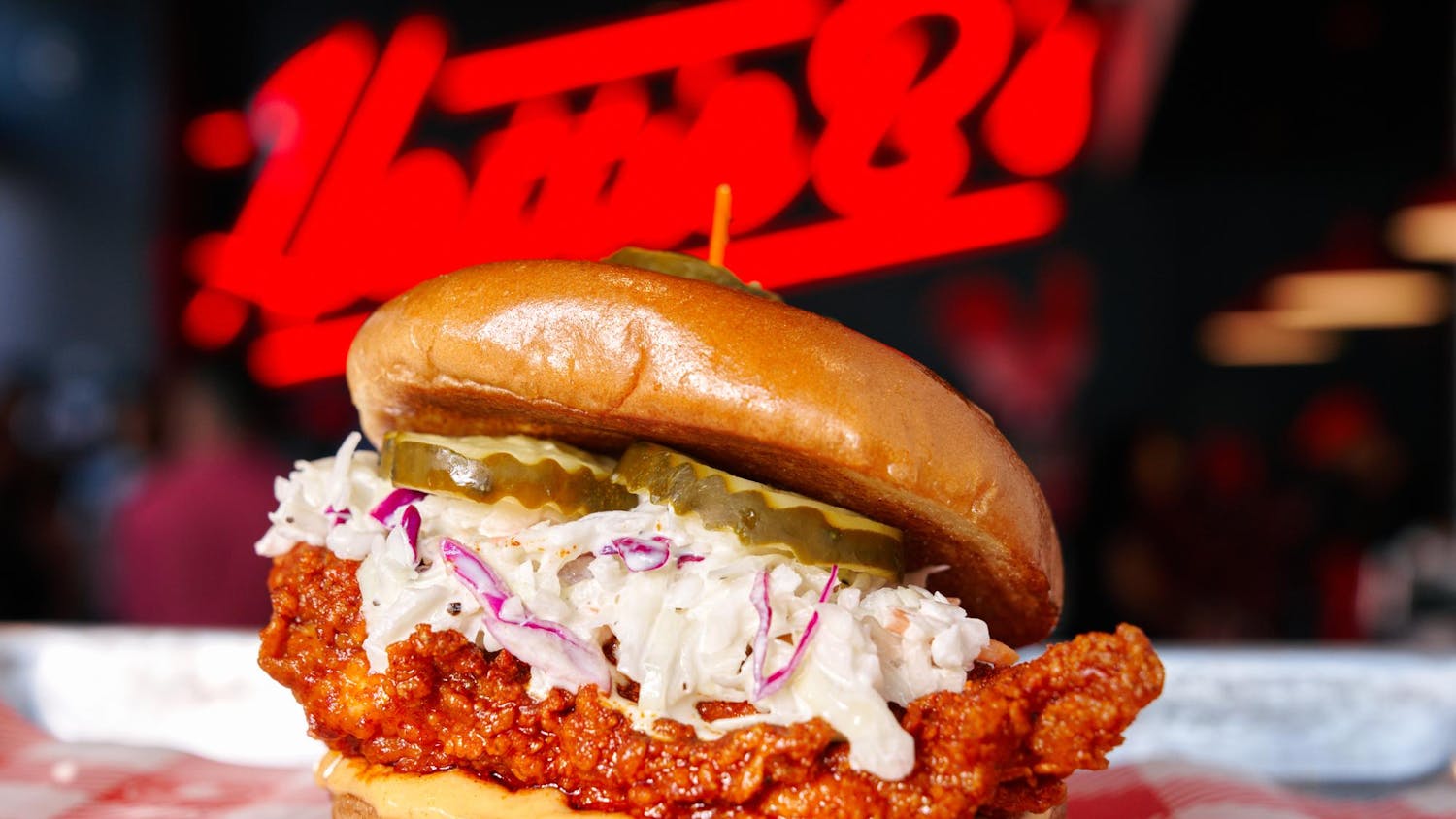Alabama House Republicans proposed a bill Wednesday intending to combat the Democrat's food tax removal plans.
The bill, sponsored by Rep. DuWayne Bridges, R-Valley, would provide a grocery tax credit to families living below the federal poverty level.
The refundable income tax rebate would be $75 per person or $300 for a family of four in households with adjusted gross incomes of less than $15,000 a year. The rebate would be $65 per person or $260 for a family of four with incomes between $15,000 and $22,000.
"This reasonable alternative to the Democrats' plan is affordable," Bridges said. "It does not demand new broad-based taxes on Alabama's families or small businesses."
Republicans said their plan would cost from $15 million to $20 million a year, while removing the sales tax from food would cost an estimated $400 million a year.
Rep. Paul DeMarco, R-Homewood, who was originally supposed to sponsor the bill, said the proposal is similar to what five other states do to offset the grocery tax for low-income families, according to forbes.com.
"The idea is to reimburse low income people for the taxes they pay on groceries," said House Minority Leader Mike Hubbard, R-Auburn.
Hubbard said people who qualify for the tax credit would receive a rebate at the end of the year or adjust their withholding to receive an immediate benefit. People who received food stamps would be excluded from applying for the tax credit.
Some business groups, including the Alabama Farmers Federation, have opposed the Democrats bill proposed by Rep. John Knight, D-Montgomery, saying it would hurt small business owners who file their income taxes for their businesses with their personal taxes.
Knight's proposed bill would remove the state's 4 percent sales tax on food, but raise income taxes on the wealthiest tax filers to offset the $400 million revenue loss to the state. The Department of Revenue has estimated 8.4 percent of the state's tax filers would pay more income tax in 2011 under Knight's plan.
The bill to remove the sales tax from groceries has appeared on the House work agenda three times this session, never receiving the number of votes necessary to bring it up for debate. Each time Republicans voted as a block to prevent consideration of the bill, a constitutional amendment that would have to be approved by voters.
House Majority Leader Rep. Ken Guin, D-Carbon Hill, called the Republican proposal "a smoke screen."
"The tax credit doesn't work. If you are making that low of an income, you are already on food stamps," Guin said. "What we are trying to do is provide a middle class tax cut for those who are working,"
The proposal to remove the sales tax from groceries is supported by Alabama Arise, an advocacy group that represents low-income residents. The group's executive director, Kimble Forrister, said he favors the Democratic plan over the proposed tax credit because it would help more people, including those with middle incomes, according to the Birmingham News.
Only two states - Alabama and Mississippi - apply all of their state sales tax to food. Five states offer rebates or income tax credits to low-income families to compensate poor families for the grocery tax, according to the Federation of Tax Administrators. Most states have no sales tax on food.
Republicans did not immediately offer a way to fund their plan. Hubbard said Republicans are willing to talk with Democrats and others to come up with a funding plan to replace income lost from the tax credit.
Hubbard said Republicans expect to file the bill Thursday.
Do you like this story? The Plainsman doesn't accept money from tuition or student fees, and we don't charge a subscription fee. But you can donate to support The Plainsman.




